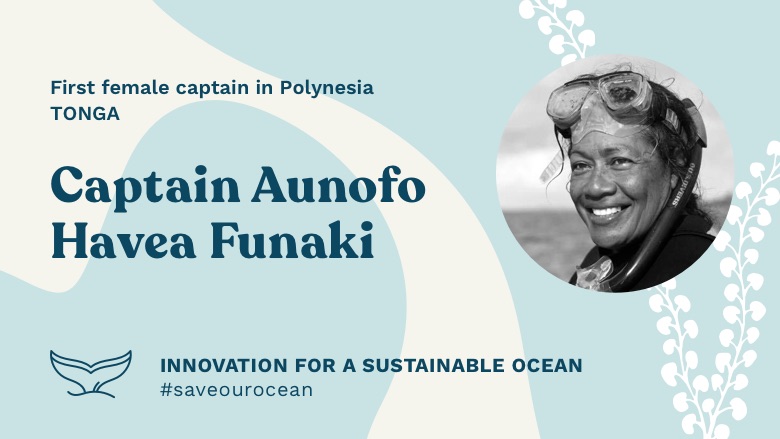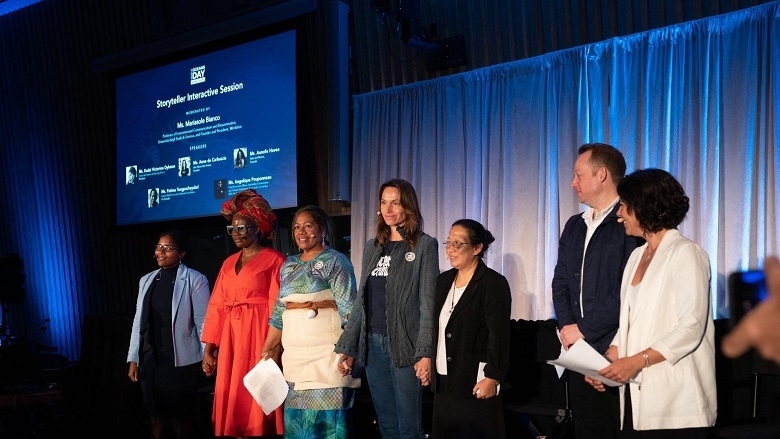Sailing has a history of being a predominantly male field. But Captain Aunofo believed that she could change that. In 2000, Captain Aunofo was the only woman selected amongst a class of 23 other students for a maritime course led by the New Zealand Coast Guard where she finished at the top of her class. Within a year, she also became a boat master and in 2018, she became the first female licensed captain in the Kingdom of Tonga and Polynesia. Captain Aunofo is also the founder and Managing Director of the Tonga Voyaging Society, and a member of the Okeanos Foundation of the Sea.
Tell us about yourself.
I’m a single mother with five children. I am from the village of Tuanuku, on Tonga’s Vavau Island. I grew up by the ocean my whole life and it has given me and my family so much to be thankful for.
I was the only female captain of the international voyage ‘Te Mana O Te Moana’ sailing on vakas (traditional Pacific sailing canoes), and I also captained the first ever all-female sail. Last year (2019), I was honored to be invited to the United Nations World Oceans Day conference in New York, where I shared my experiences of shipping and seafaring, as well as ecotourism entrepreneurship alongside so many other inspiring scientists, storytellers and speakers from around the world. I have now been sailing for nearly 30 years. It has not been an easy journey; you have to really work hard for things you want in life – but every step has been worth it.
How did you get into sailing in the first place?
My first job was cleaning yachts! I was only 25 at the time with no interest at all in sailing – I just needed a job. I later became a cook too, so whenever a yacht was being chartered, I was requested to do the cleaning and cooking on board even though at that time, I used to get the worst seasickness.
The owners of the yacht I worked on would teach me how to sail. At first, it was just for fun, but they were impressed with how fast I learned - I even surprised myself! The turning point for me was when one time out at sea, a certain captain said to me, “You’re just the cook. I’m the boss here.” Something in me sparked. I just knew in that moment that I wanted to become a captain. So, I started working extra hard towards my goal and that’s how I got into sailing and it was the best decision I ever made.



